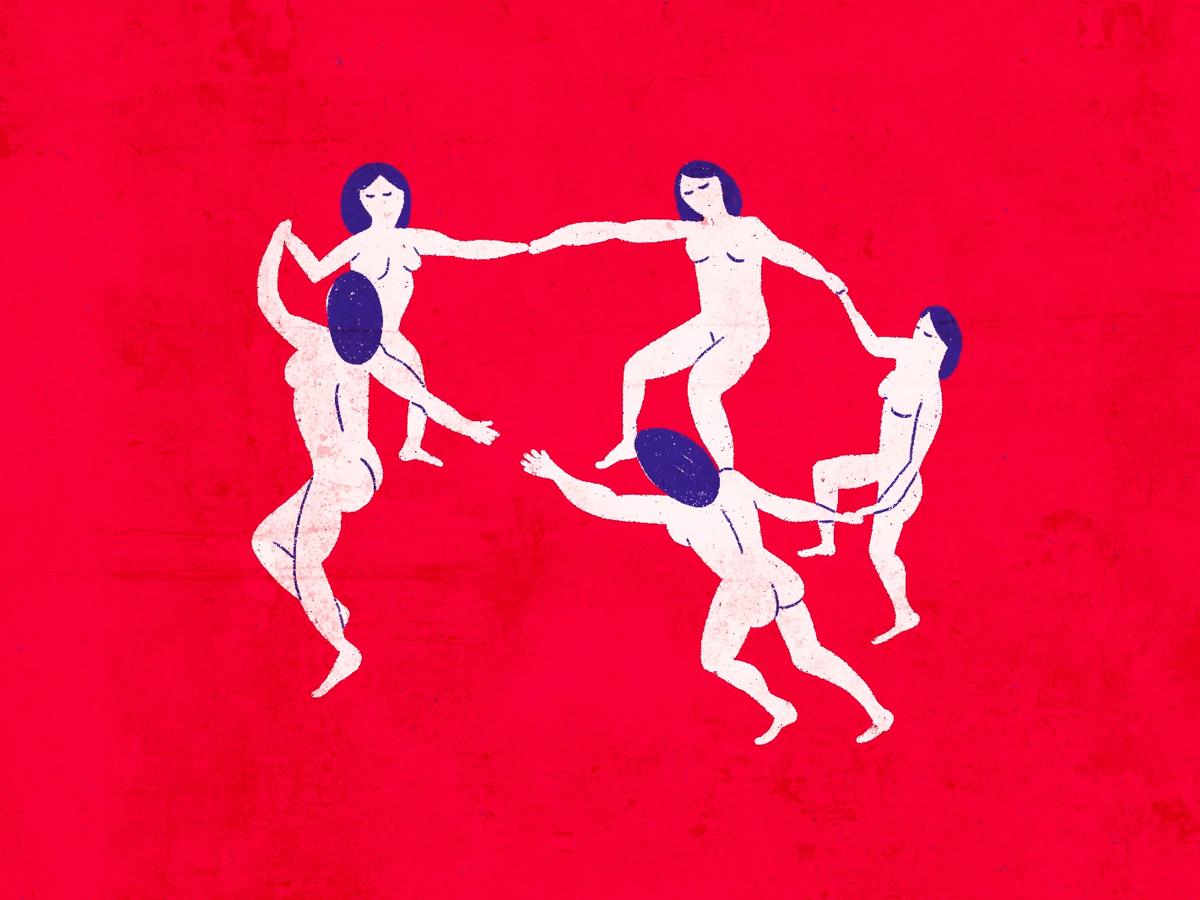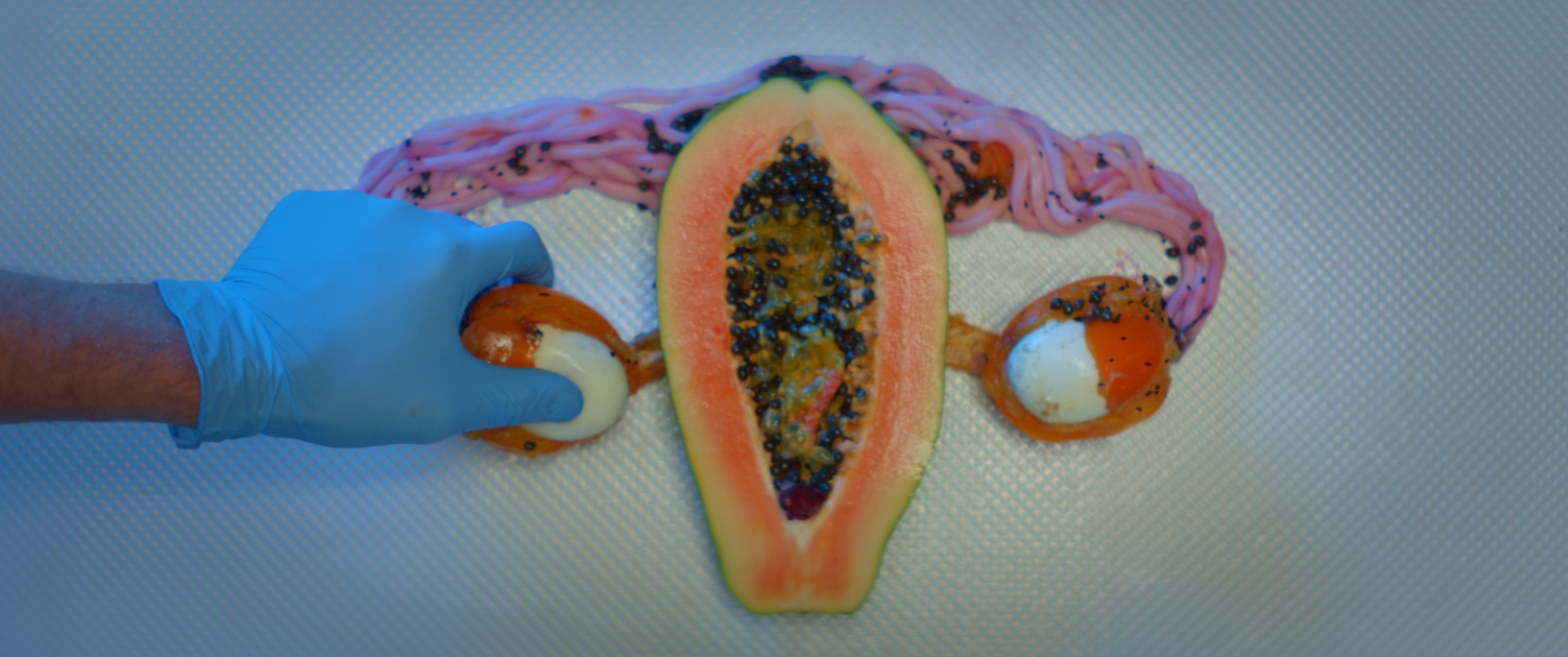While first periods offer a great cinematic subject to speak about different coming-of-age rituals around the world, they can also lend themselves to show the multiple discriminatory practices encountered by menstruating beings: bullying, school deprivation, lack of suitable hygienic products, transphobia, cultural shame, and so on. Our programme does not turn a blind eye on these serious issues; on the contrary, it aims to raise awareness through stories of change which represent periods in a way that challenges dominant beliefs and fights against social stigma.
The selected works include documentaries, fiction, animation, experimental films and campaign videos, stressing the myriad of ways in which filmmakers have articulated a delicate topic. In doing so, these artists have enormously contributed to our better understanding of the many experiences of menstruation, how they shape but not determine our identities, as well as helped remove barriers of what is acceptable to show and share on screen.
The varied genres of the material programmed also point at the challenges encountered in finding films that directly employ menstruation as a narrative subject, as well as show our commitment to offer an accessible, enjoyable and different cinematic experience.
As with any film programme, the acts of selecting together with the limitations that come from accessing certain films, lead to obvious and painful omissions.Whilst the representation and awareness of trans issues is increasingly present in the contemporary media landscape, this research underlined the almost complete lack of films tackling menstruation from a trans perspective; therefore, whilst the programme doesn’t include any examples of trans experience of menstruation (given the impossibility to access any valid examples of representation), it acknowledges that not all who menstruate are women, and not all women menstruate.







